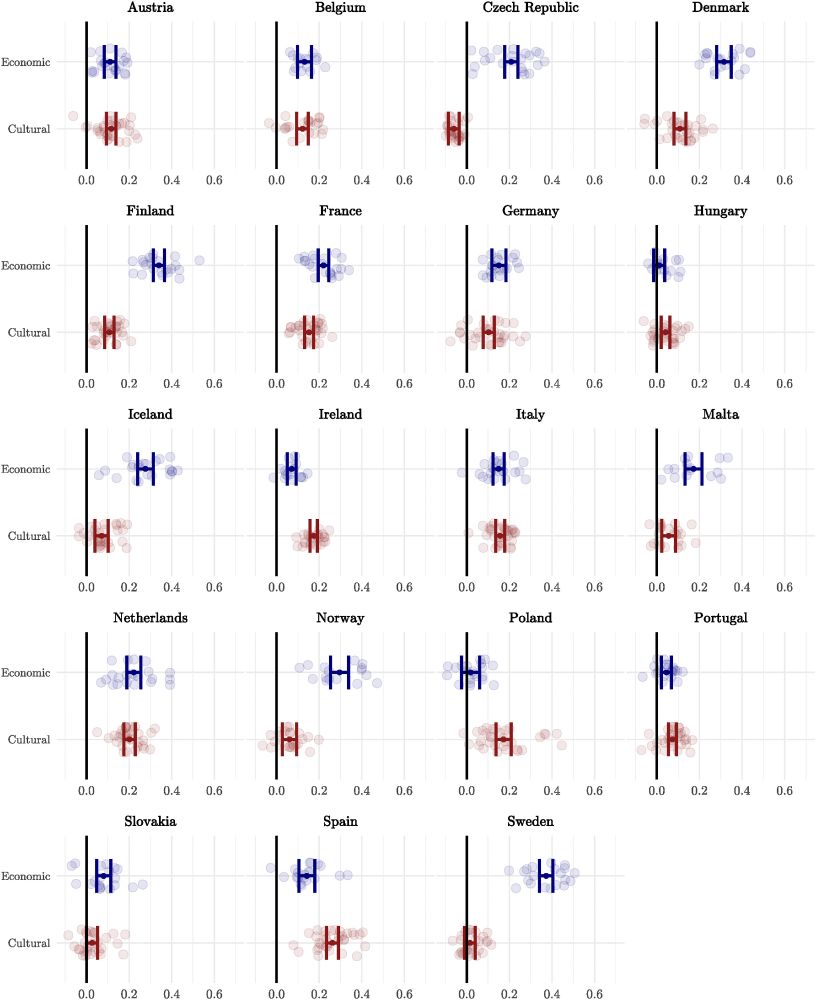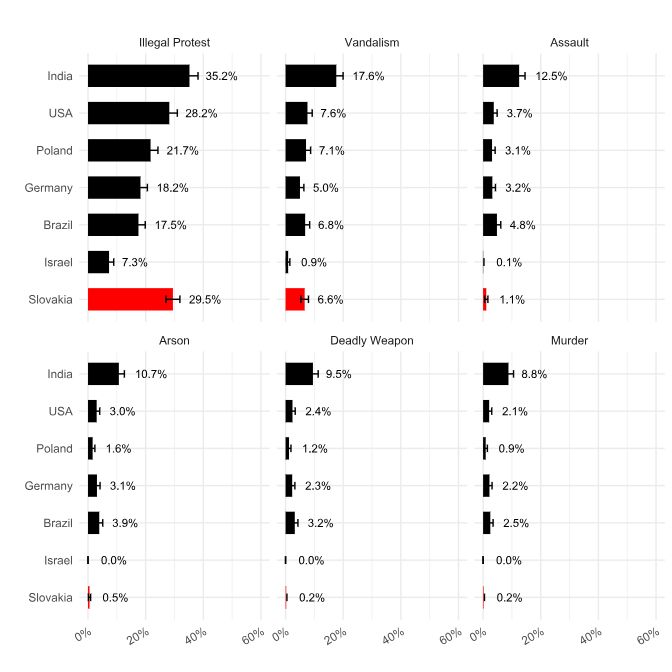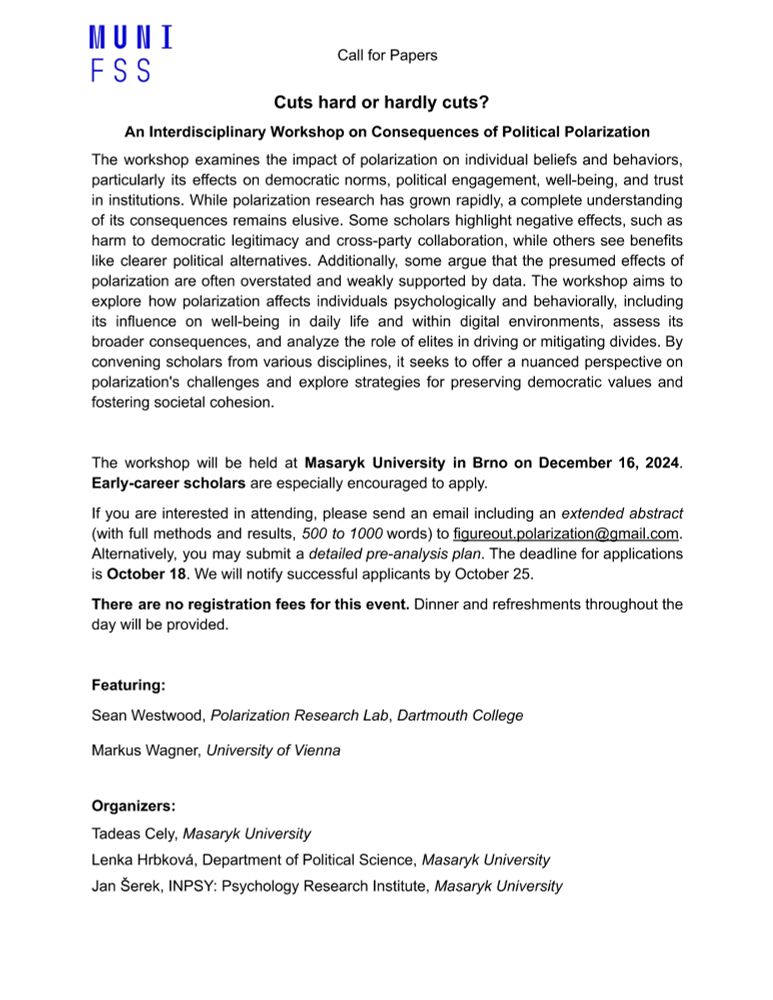
Working on ideology, polarization, and how to save democracy from ourselves
https://tadeascely.github.io/



With @marcjacob.bsky.social and @seanjwestwood.bsky.social, we worried about norm-violating local politicians rising to higher office. We tested when voters defect from such politicians in local, state and federal races.
osf.io/preprints/ps...
🧵...

With @marcjacob.bsky.social and @seanjwestwood.bsky.social, we worried about norm-violating local politicians rising to higher office. We tested when voters defect from such politicians in local, state and federal races.
osf.io/preprints/ps...
🧵...
























Come and join us in Brno to figure out consequences of political polarization. Early-career researchers are especially encouraged to apply. We are currently negotiating travel grants.
Details 👇
Help us reach more younger scholars by sharing this post.

Come and join us in Brno to figure out consequences of political polarization. Early-career researchers are especially encouraged to apply. We are currently negotiating travel grants.
Details 👇
Help us reach more younger scholars by sharing this post.


